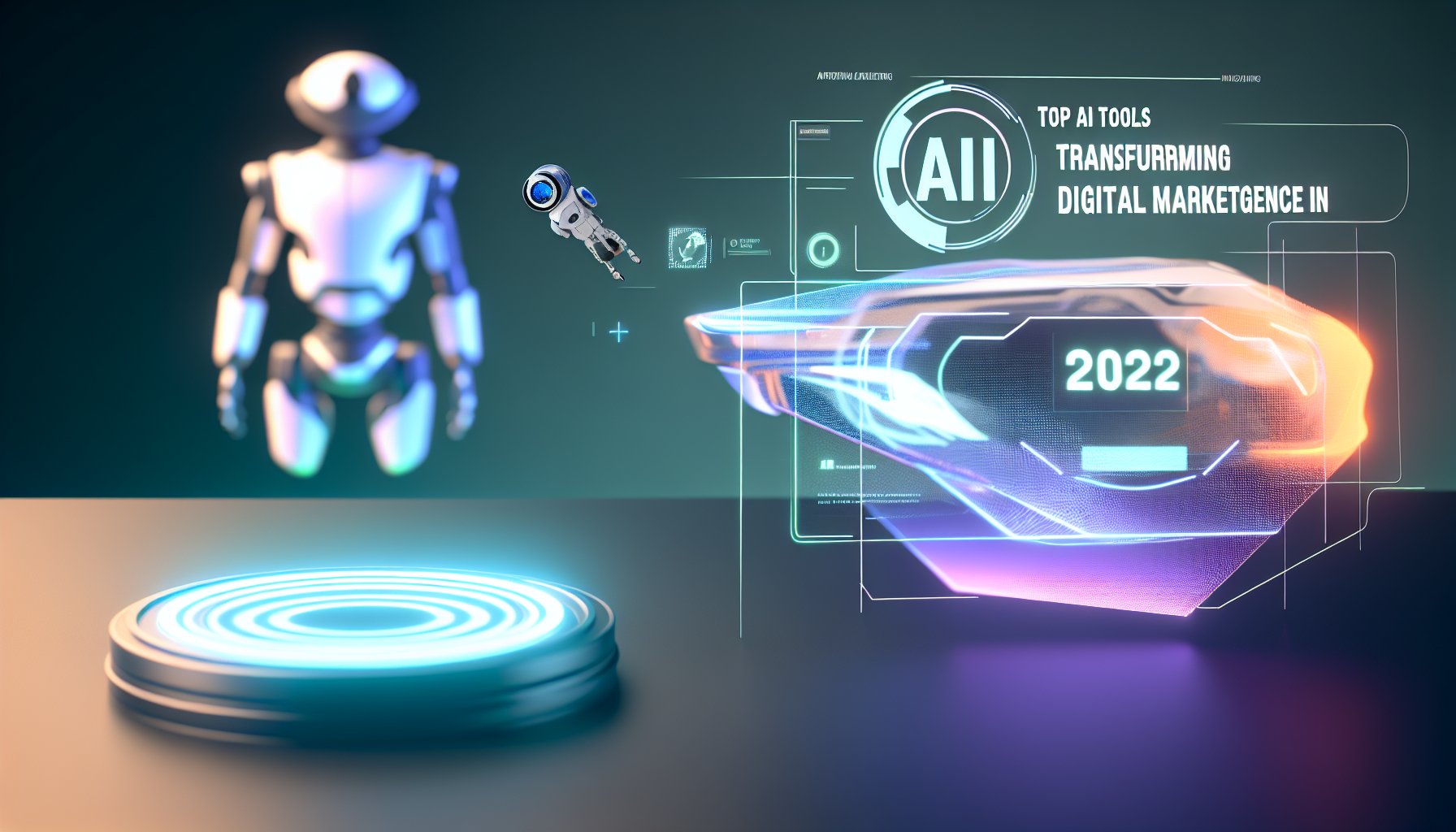Exploring the Top AI Use Cases Across Industries
Artificial Intelligence (AI) has rapidly transformed the way industries operate, pushing the boundaries of innovation and efficiency. From healthcare to finance, manufacturing to retail, AI’s capabilities are reshaping traditional processes, unlocking new opportunities, and addressing longstanding challenges. This article delves into the most impactful AI use cases across various sectors, illustrated through an insightful infographic. By understanding these applications, businesses can better appreciate AI’s potential to drive competitive advantage, improve customer experience, and optimize operations. As the technology continues to evolve, recognizing these use cases becomes essential for industry leaders aiming to stay ahead in the digital age.
Driving Data-Driven Decision Making and Personalization
One of AI’s most significant contributions is its ability to analyze vast amounts of data quickly and accurately. Industries like retail and marketing leverage AI algorithms to interpret customer behavior, preferences, and purchasing patterns. This capability facilitates highly personalized marketing campaigns, tailored product recommendations, and dynamic pricing strategies that enhance customer engagement and loyalty.
Furthermore, in sectors like finance and banking, AI-driven analytics enable real-time risk assessments, fraud detection, and investment insights. These applications streamline decision-making processes, reduce human error, and lead to more informed, data-backed strategies. As a result, businesses are becoming more agile, responsive, and customer-centric in their operations.
Automation and Operational Efficiency
AI-powered automation is revolutionizing manufacturing, logistics, and customer service by automating routine tasks and complex workflows. Robotic Process Automation (RPA) in finance automates transactions, reconciliation, and reporting, significantly reducing processing times and minimizing errors.
In manufacturing and supply chain management, AI-driven robotics and predictive maintenance systems anticipate equipment failures before they occur, minimizing downtime and optimizing maintenance schedules. Customer service chatbots and virtual assistants provide instant responses to inquiries, freeing human agents to handle more complex issues. This shift not only enhances efficiency but also allows organizations to allocate resources more effectively, ultimately lowering costs and improving service quality.
Enhancing Innovation and Product Development
AI fuels innovation by enabling industries to develop smarter, more responsive products and services. In healthcare, AI algorithms assist in diagnosing diseases with higher accuracy, leading to improved treatment options and personalized medicine. Drug discovery processes are expedited through AI models that simulate molecular interactions, drastically reducing development timelines.
Similarly, in automotive industries, AI contributes to the development of autonomous vehicles by processing sensor data for real-time decision-making. Financial institutions use AI for algorithmic trading to identify market trends and develop innovative investment products. These applications demonstrate AI’s pivotal role in pushing the boundaries of what is possible, fostering continuous advancement and competitive advantage.
Addressing Ethical and Regulatory Challenges
While AI offers substantial benefits, it also presents ethical and regulatory challenges that industries must navigate carefully. Issues related to data privacy, algorithmic bias, and transparency are increasingly gaining attention. For instance, bias in AI algorithms can lead to unfair lending practices or employment decisions, impacting brand reputation and regulatory compliance.
Industry leaders are now investing in explainable AI (XAI) and developing frameworks to ensure responsible AI deployment. Establishing ethical guidelines, data governance policies, and compliance protocols are essential steps to mitigate risks and foster trust among consumers and regulators. As AI becomes more ingrained in business operations, proactive measures to address these concerns will be critical for sustainable growth.
Conclusion
In summary, AI is transforming industries through diverse and impactful use cases that span data-driven decision making, automation, innovation, and ethical management. The infographic highlighted in this article visually encapsulates these applications, illustrating AI’s widespread influence across sectors. Companies that embrace AI strategically can unlock significant efficiencies, enhance customer experiences, and innovate faster than ever before. However, they must also navigate associated ethical and regulatory landscapes to ensure responsible deployment. As AI technology advances, its potential to reshape industries will only grow, making it imperative for businesses to stay informed and adapt proactively. Ultimately, embracing AI’s capabilities today paves the way for a more innovative, efficient, and competitive tomorrow.











